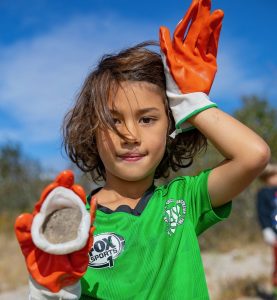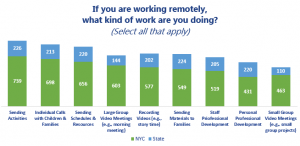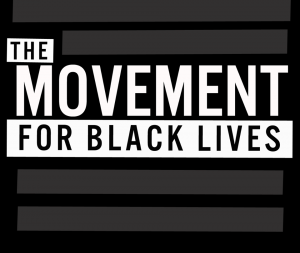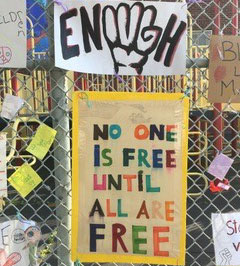
Early Learning Environments After COVID: Part 2
Early care and education providers are re-entering their classrooms and considering how to make them safe, welcoming places for young […]

Early care and education providers are re-entering their classrooms and considering how to make them safe, welcoming places for young […]

Early care and education providers are re-entering their classrooms and considering how to make them safe, welcoming places for young […]

In 2019, the New York State Early Childhood Advisory Council in collaboration with New York Works for Children released the […]

Even as private and contracted childcare programs are reopening across the city, it remains uncertain how district schools will reopen. […]

Learning how to engage with my 2-year-old students online. I feel like my co-teacher and I are just another YouTube […]

With half of childcare programs in New York State on the brink of permanent closure, early care and education providers’ […]

We are pausing to reflect and gather our strength. The Institute Coaches made this garden for you.

To be an early care and education professional is to be an activist. It is our job and our joy […]

Early care and education providers seeking to strengthen their social justice practice can start with these resources. NAEYC Advancing Equity […]

Over two months into the shut down, we hear from educators in New York City that fewer and fewer young […]